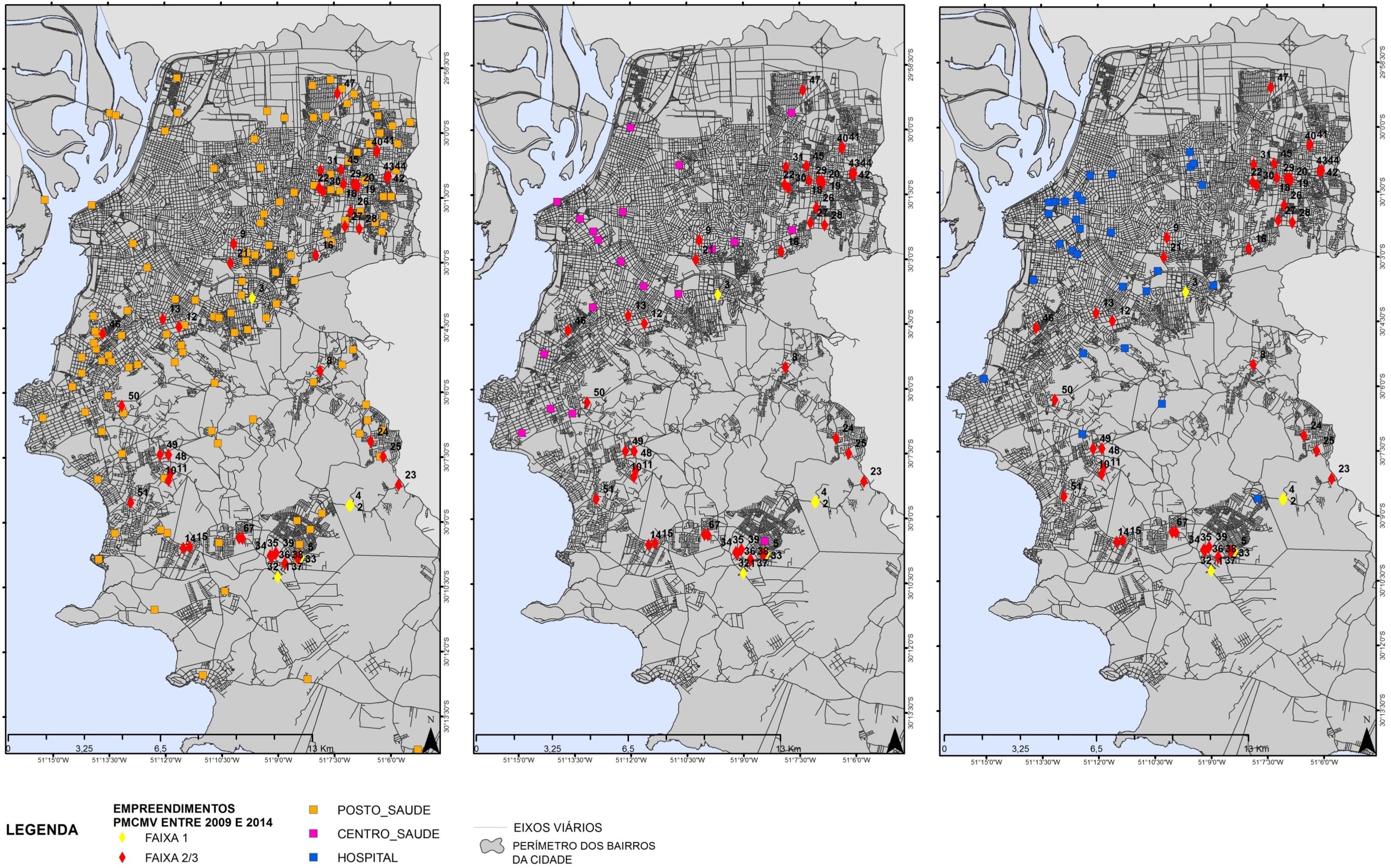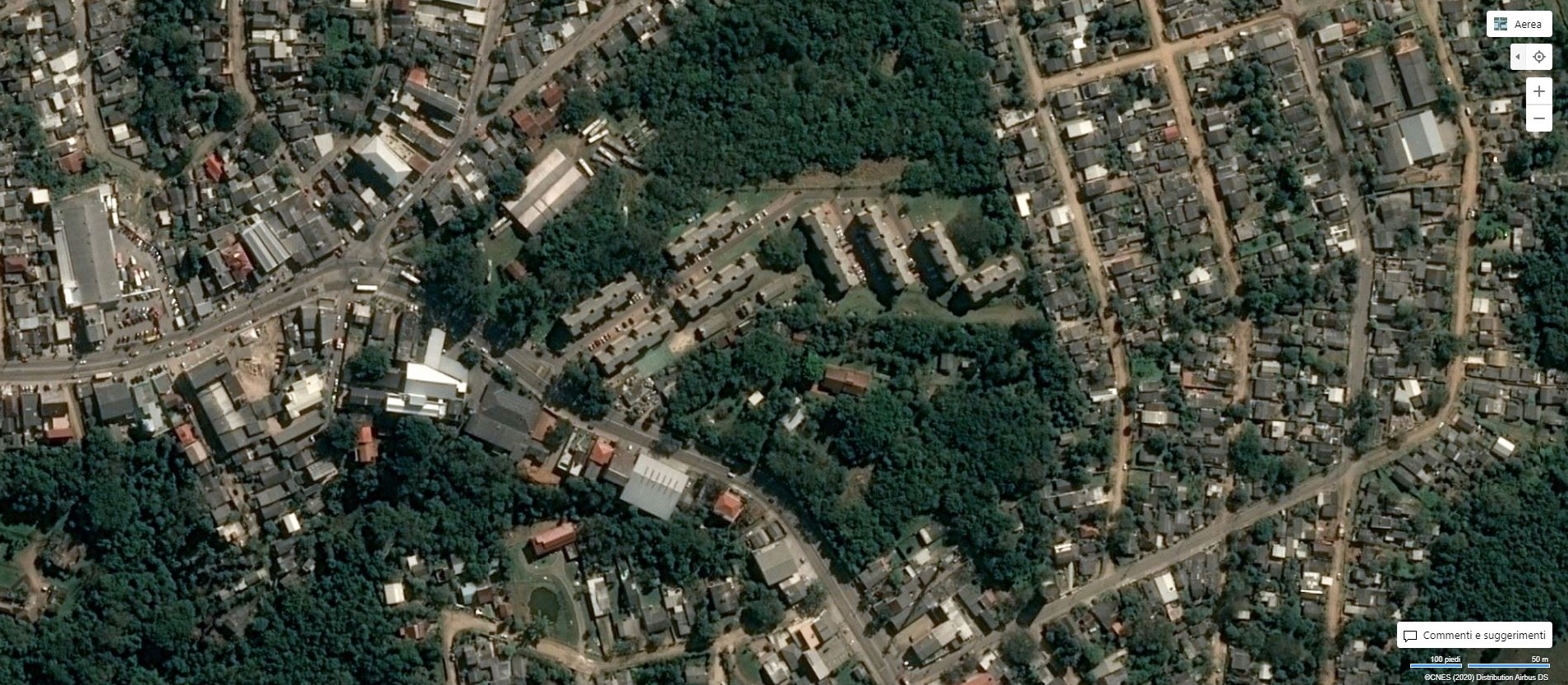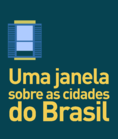central places information technology public spaces resilience cartography heritage local development spatial planning urban design agriculture tourism educational premio gubbio 2018 digitalization downtowns urban form habitability rigenerazione urbana Environment social practices conferences urban renewal urban policies urban theory history
THE MY HOME, MY LIFE
SOCIAL HOUSING PROGRAM
IN BRASIL 2009-2016.
A critical analysis
Livia Salomão Piccinini
![]() Portuguese Version
Portuguese Version![]() Italian Version
Italian Version
In Brazil, following the 1988 Federal Constitution, the proposals for socio-spatial inclusion in cities have defined a chapter of urban policy that began to generate a specific legislation: in 2004 it has been initiated the National Housing Policy and in 2009 with the federal law n. 11.977 the My Home My Life program (Programa Mina Casa Minha Vida, PMCMV). 
Urban planning alone is not able to produce radical transformations or generate social justice. However, public policies can significantly increase the opportunities for the low-income population in the city. Furthermore, it is necessary to understand that the problem related to the city-poverty-environment relationship, although not new, requires methodologies and theories for helping to develop effective practices. To identify the impact of housing on residents' lives and on the city, studies need to be conducted on the ways in which public housing can affect inhabitants, with respect to their health, work and income conditions, personal relationships, education, self-esteem or children learning. Positive results on health or employment, or other quality of life indicators, make the public expenditure on social housing, an investment creating positive impacts on the society as a whole, and this justifies state funding.
Following these criteria, a brief analysis of the My Home My Life program is presented. While being the place where economic, social and physical-spatial problems are perceived, the city is precisely the scale on which the issue of justice is raised and needs to be heard and concretely addressed.
Livia Salomão Piccinini, associate professor at the Federal University of Rio Grande do Sul, Faculty of Architecture, Department of Urbanism; vice-director of the Faculty of Architecture (2019-2023) and coordinator of the Research Committee of the Faculty of Architecture (2016- 2019). She has experience in the fields of Urbanism, Urban Planning and carries out research in the areas of social housing, public policy, ecological-environmental sustainability, urban and architectural standards, landscape and urban design, municipal master plans.
A WINDOW ON BRAZILIAN CITIES
Regular column of Planum. The Journal of Urbanism | www.planum.net
CREDITS
• Marco Mareggi | Editor of the column
• Luca Lazzarini | English text reviewer
• Talita Amaral Medina | Portuguese text reviewer
• Cecilia Saibene | Layout
To send proposals of articles and contributions to the regular column, write to:
Marco Mareggi: marco.mareggi@polimi.it
Planum Editorial Staff: planum.magazine@gmail.com




Planum
The Journal of Urbanism
ISSN 1723-0993
owned by
Istituto Nazionale di Urbanistica
published by
Planum Association
ISSN 1723-0993 | Registered at Court of Rome 4/12/2001, num. 514/2001
Web site realized by ChannelWeb & Planum Association | Powered by BEdita 3






